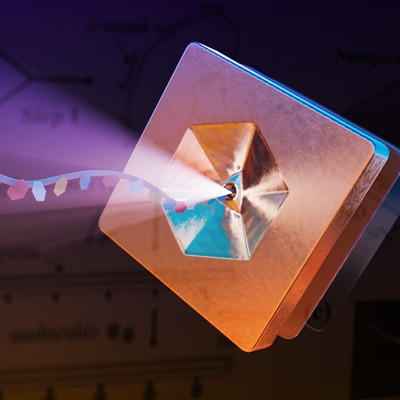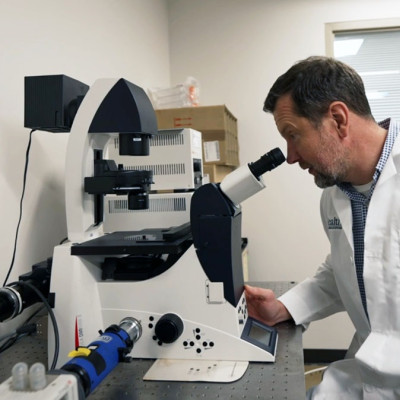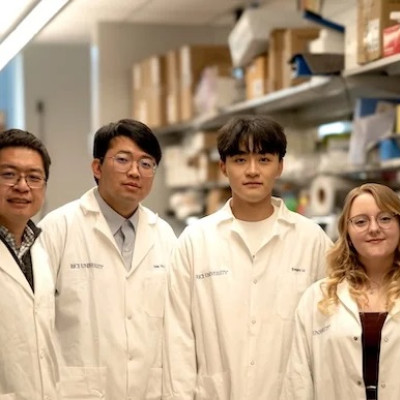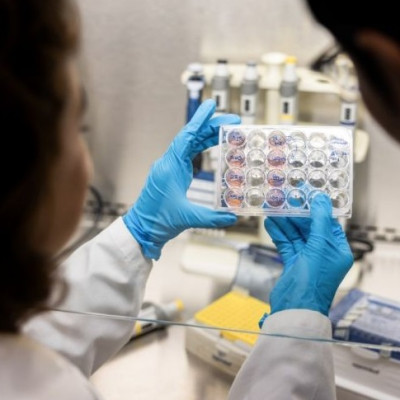According to the statistics from the World Health Organization, cancer is the second leading cause of death globally, counting for approximately 9.6 million deaths in 2018. This figure is expected to increase by 60% by 2040 due to the ageing and increase of the world’s population.
While cancer treatments are currently based on surgical resection of the tumour (if possible), chemotherapy, radiotherapy, target-driven therapies and immunotherapy, ULISES aims to set out an all-new therapeutic strategy based on nanotechnologies.
By using nanotechnologies to deliver plasmid DNA into tumorous cells for reprogramming, the ULISES project will develop a disruptive treatment that enables the immune system to see what has, until now, been invisible. This approach doesn’t seek to alter genetics of the cancer cells; rather it helps the immune system to recognise and attack these cells once they’ve been “flagged” as incompatible.
This breakthrough therapy developed by researchers in the ULISES project will offer several advantages over current therapies: much greater efficiency; use of the patient’s own immune system to attack the cancerous cells; and fewer side effects meaning improved patient outcomes.
To implement and validate this therapeutic strategy, the ULISES team will focus on pancreatic cancer as it is highly aggressive, considerably reduces life expectancy and lacks effective treatment. In addition, this type of cancer has a similar incidence in women and men, so both sexes will benefit equally. The therapy can be easily adapted to other types.
“With ULISES project we are embarking on a journey with many challenges. The kick-off meeting was the starting point of an exciting project with a great ambition. We expect that a technology with the therapeutic advantages provided by ULISES would bring a tremendous improvement in healthcare with a reduction of cancer death and a significant improvement of the patient’s life quality and expectancy”, said Cristina Fillat – ULISES Project Coordinator.
The ULISES radically new immunological incompatibility therapy for cancer treatment will thus place Europe at the forefront of a disruptive future technology. The multidisciplinarity of the ULISES consortium bringing together highly-skilled, complementary researchers, industrial partners and end-users’ representatives will facilitate the transition to innovation and the market.
Read the original article on CORDIS.







